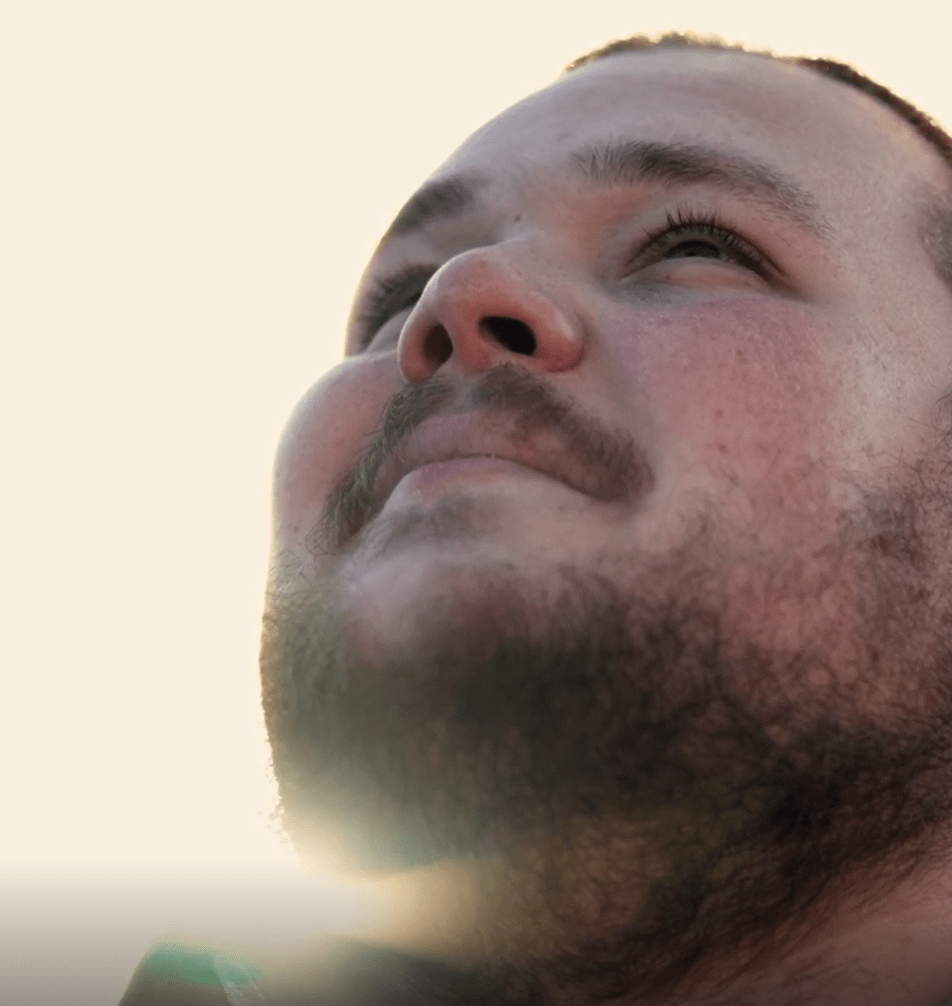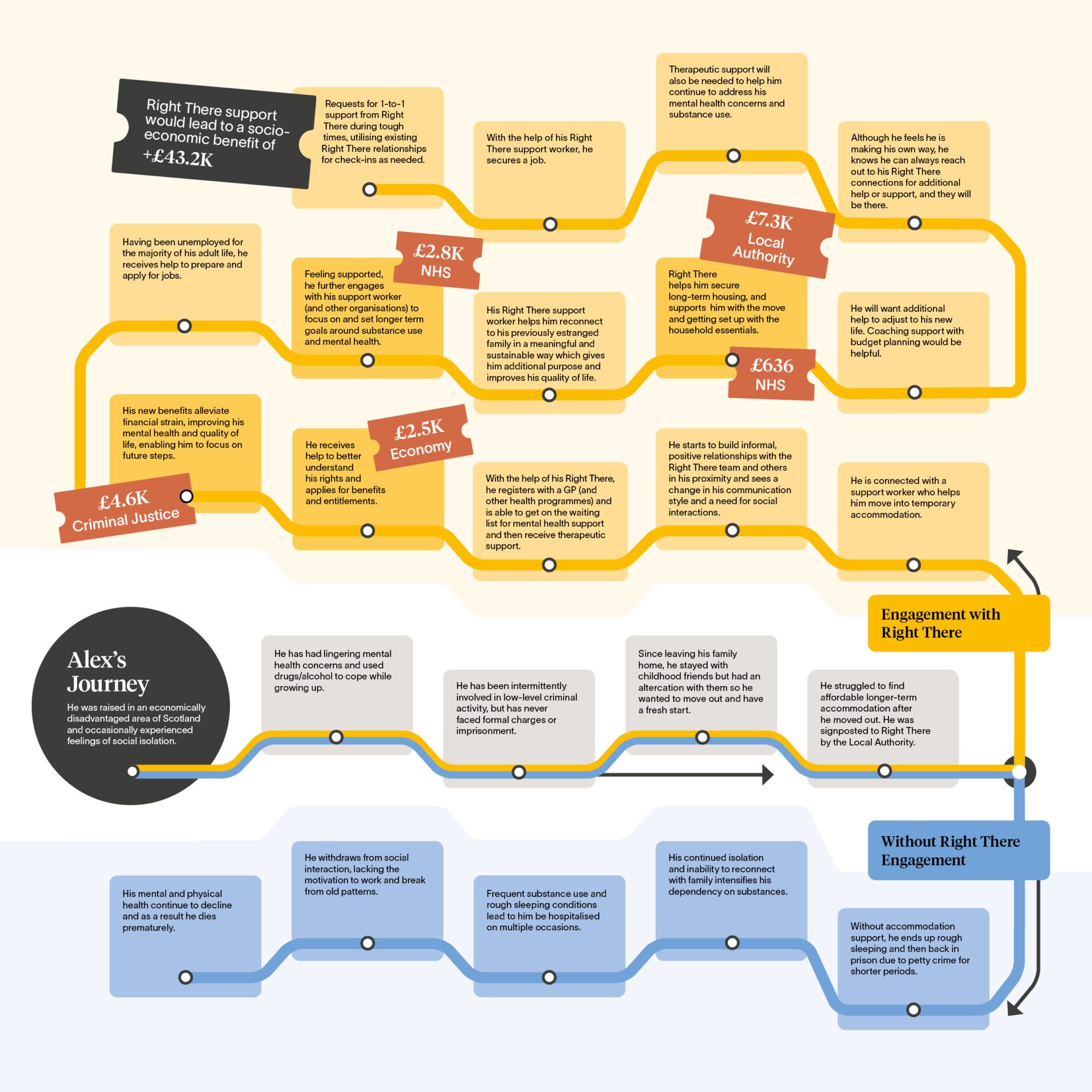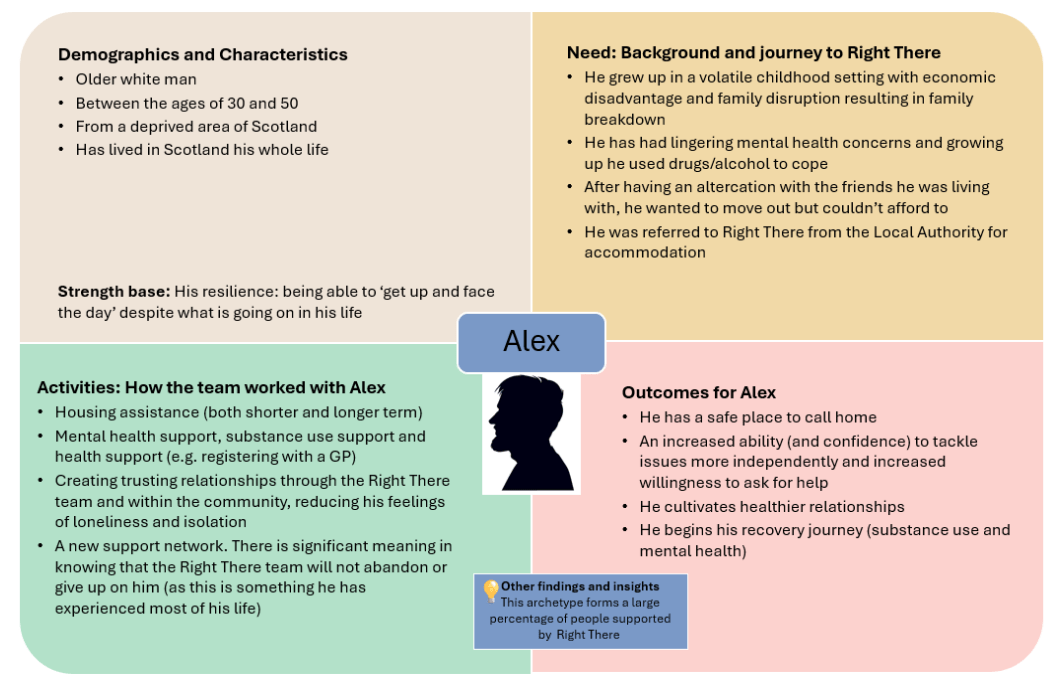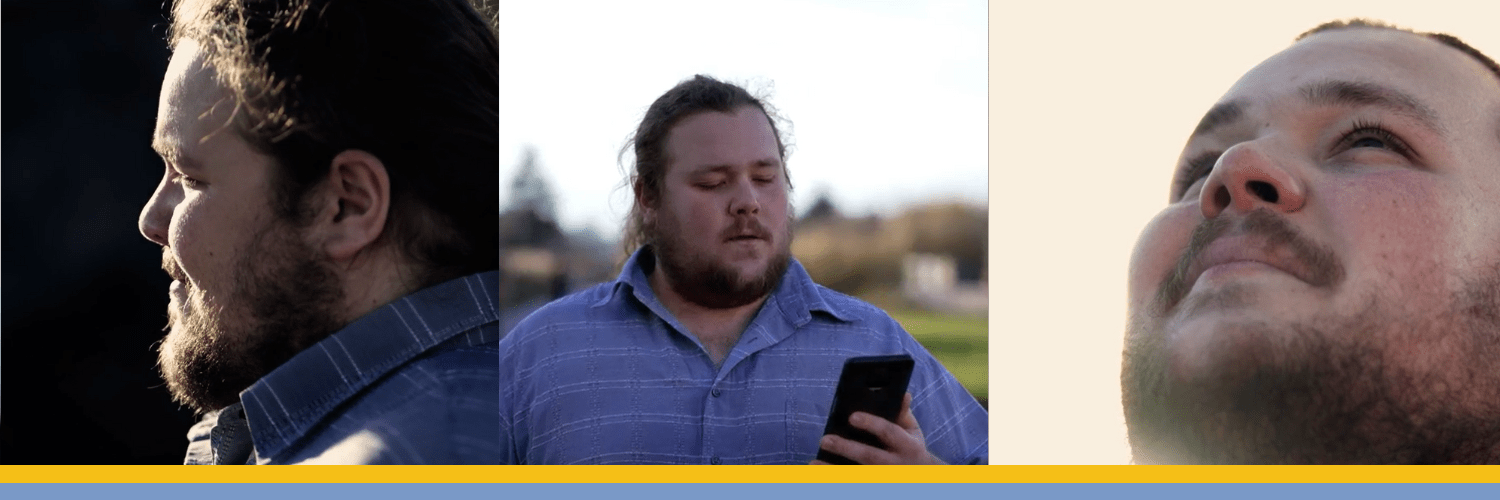
Alex’s Journey
Alex is one of five ‘archetypes’ created for our social impact report, based on a series of ‘typical’ storylines about the lives of people that we help. By using these, we can explore their needs, their journey to Right There, how they are supported by us and the difference Right There has made in their lives – as well as what could happen if they did not access help from us.
Alex’s journey prior to Right There
Alex’s life has been marked by instability and hardship from a young age, growing up in a volatile environment of economic disadvantage, social isolation, and family disruption. He struggled with lingering mental health issues and turned to substance use as a coping mechanism, intermittently engaging in low-level criminal activity without facing formal charges.
After leaving his family home and moving in with childhood friends, he realised he wanted a different outcome. Following an altercation with his friends, he became determined to break free from adversity and sought ways to secure his own place to live.
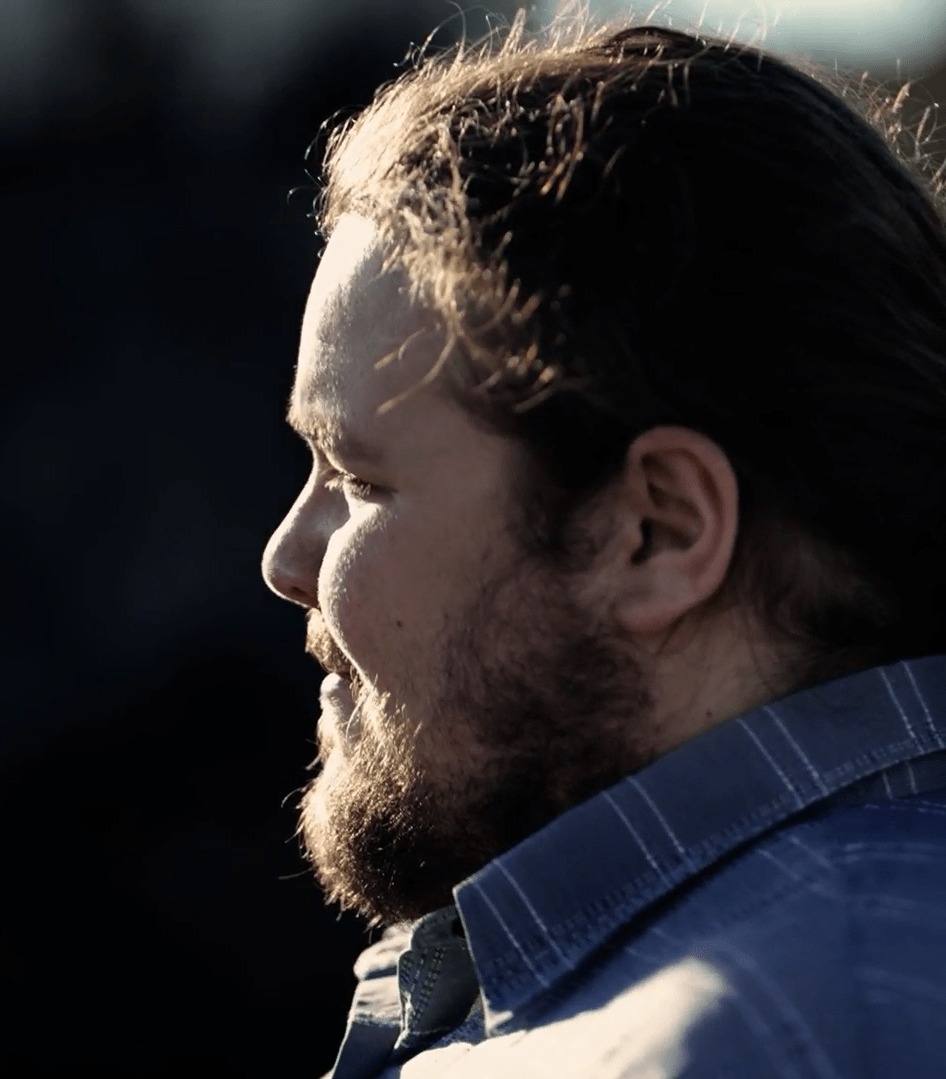
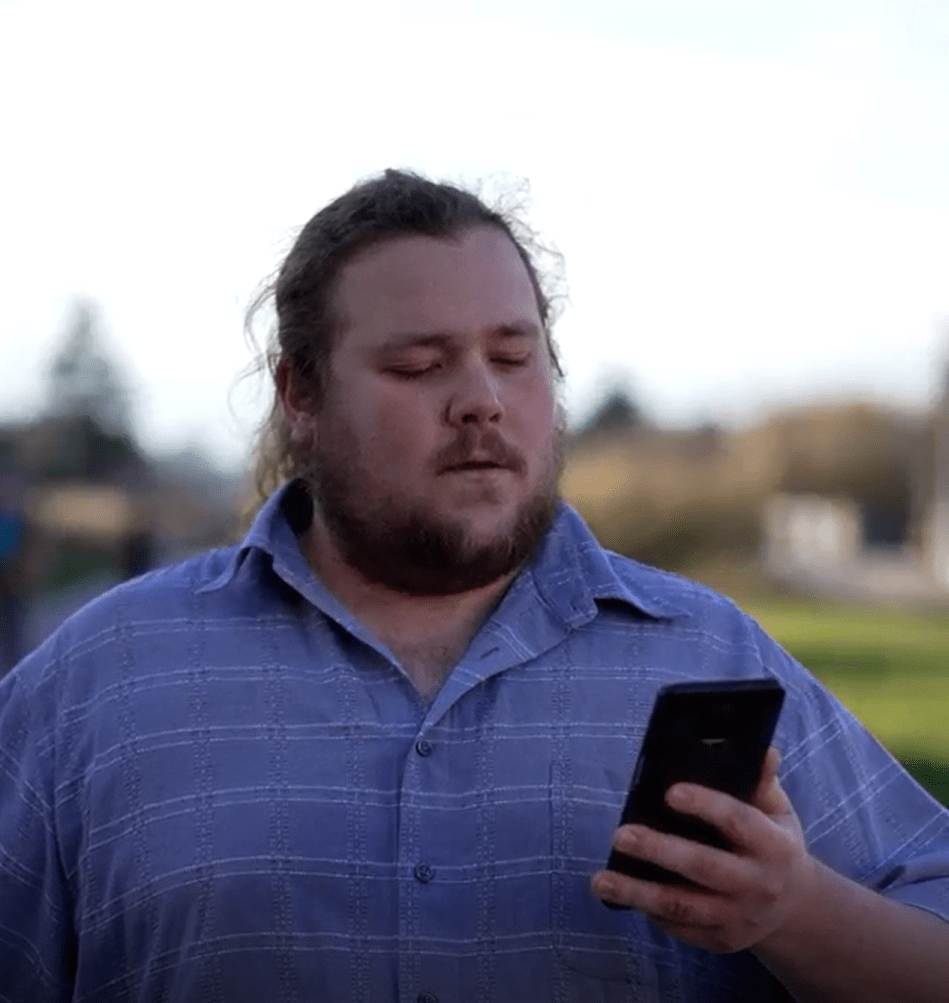
Alex’s Journey with Right There’s Support
With the help of his support worker, Alex transitions to temporary accommodation, finding safety and stability to rebuild his life. By forming genuine relationships within Right There’s community, he improves his well-being, reduces isolation, and enhances communication.
Feeling safer, he broadens his focus beyond housing, working with his support worker to access healthcare, benefits, and mental health support while reconnecting with family. Right There’s support empowers Alex in job applications and financial management, boosting his confidence and financial stability.
With their guidance, he secures long-term housing and a fulfilling job, establishing stability and a positive life trajectory, with Right There as a reliable support system for future needs.
Alex’s Journey without Right There’s Support
In the absence of support from Right There, Alex’s life takes a downward spiral. After leaving his friend’s home, he becomes homeless, resorting to petty crimes for survival, leading to repeated encounters with the criminal justice system. Deprived of stable housing and social support, his substance use worsens, resulting in deteriorating physical and mental health, frequent hospitalisations, and escalating emotional challenges.
Isolated and overwhelmed, he navigates life alone, experiencing heightened anxiety, depression, and trauma. Without meaningful connections or support networks, he withdraws further, losing motivation to improve his situation, ultimately succumbing to untreated health conditions, tragically leading to
his premature death.
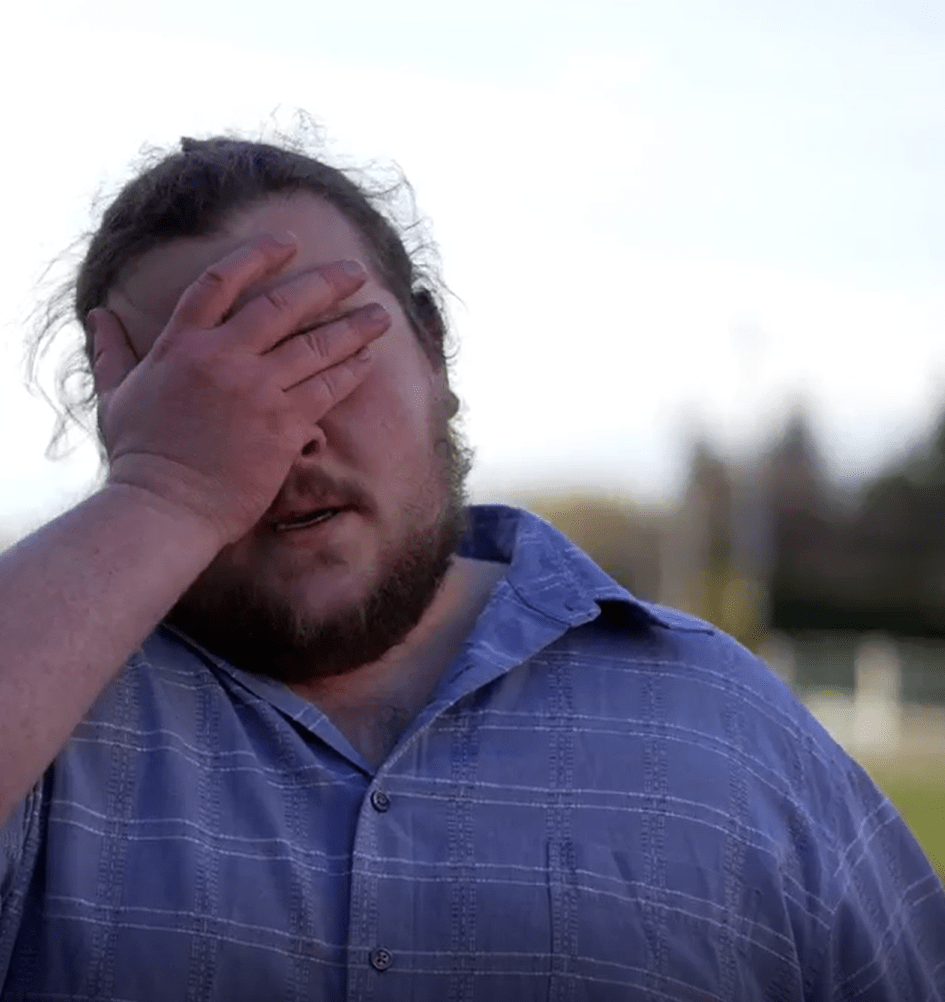
Economic evaluation of the outcomes from Alex’s journey
The contrast of Alex’s journey and the counterfactual shows that, for each individual “Alex” receiving support from Right There, a social benefit of at least the following would be generated:
- Receiving support for substance use and poor mental health, this would yield a capacity saving for the NHS of at least £2.8k (of which £927 is for mental health support and £1.9k
for substance use). - Avoiding any further interactions with the criminal justice system (worth a saving of £4.6k).
- Moving into longer term, more sustainable accommodation, this would yield a saving for the local authority of at least £7.3k (of which £5.7k relates to the move from temporary to permanent accommodation, £1.4k for the reduced risk in eviction and £228 for the reduced risk of rent arrears) and £636 to the NHS, where he is avoiding health conditions which
cause multiple visits to A&E. - Receiving support to deal with and reduce the risk of problem debt in future, would yield a saving of at least £2.5k to the Scottish economy.
The biggest areas of value generated by Right There’s support, are in Alex securing a job (worth £20.8k) and the benefits saved upon entry to employment (worth an additional £4.6k).
Extrapolating this out to all the “Alex’s” receiving support from Right There would lead to an overall social benefit of at least £39.9m.
